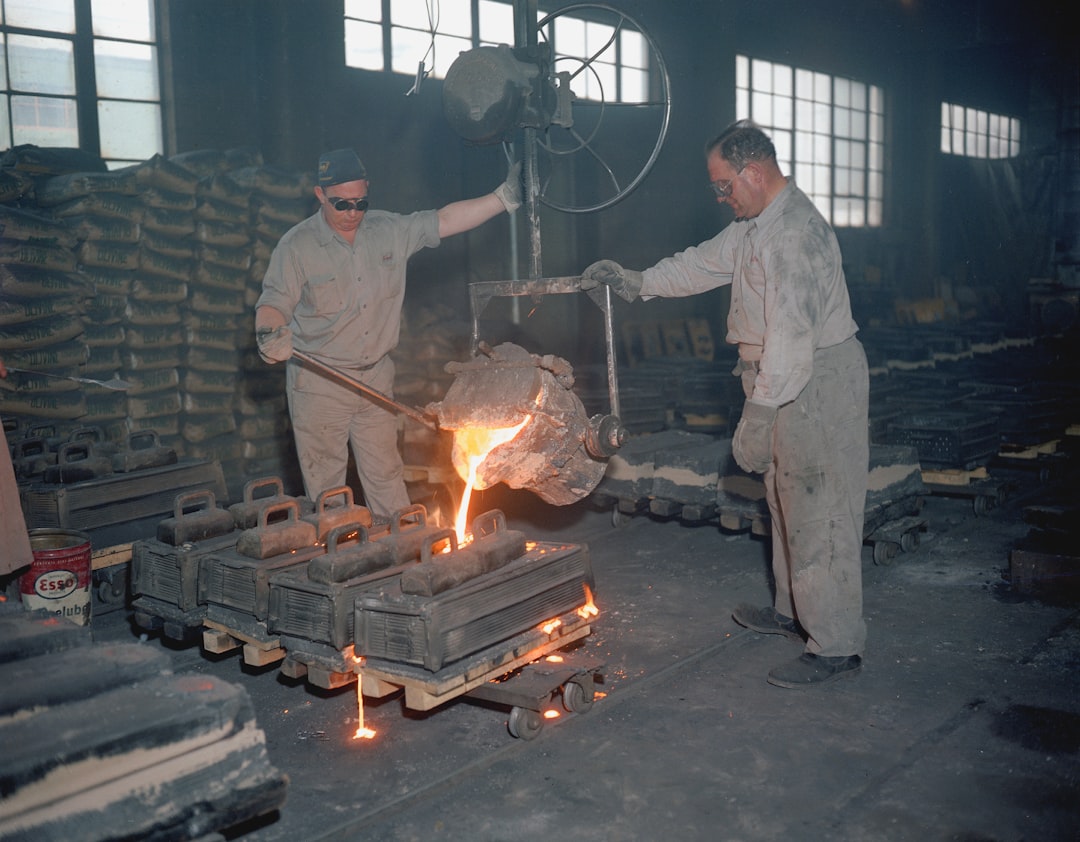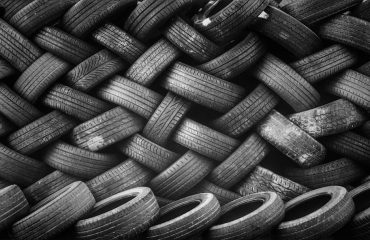body {
font-family: sans-serif;
line-height: 1.6;
}
h1, h2, h3 {
color: #333;
}
Navigating the complexities of international steel trade requires a clear understanding of Incoterms, particularly FOB (Free On Board) and CIF (Cost, Insurance, and Freight). These terms define the responsibilities and costs associated with shipping goods, significantly impacting pricing, risk management, and overall profitability. This comprehensive guide clarifies the differences between FOB and CIF in the context of steel exports, helping both importers and exporters make informed decisions.
Understanding Incoterms: The Foundation of International Trade
Incoterms, or International Commercial Terms, are standardized trade terms published by the International Chamber of Commerce (ICC). They clarify the responsibilities of buyers and sellers regarding delivery, costs, and risks associated with the transportation of goods. FOB and CIF are two of the most commonly used Incoterms in international steel trade, each defining a different point at which responsibility shifts from seller to buyer.
FOB (Free On Board): Seller’s Responsibilities and Costs
Under FOB, the seller’s responsibility ends when the goods are loaded onto the vessel at the named port of shipment. This means the seller is responsible for:
- Producing and packaging the steel products according to the agreed specifications.
- Delivering the goods to the named port of shipment.
- Loading the goods onto the vessel.
- Providing necessary export documentation.
The buyer, on the other hand, is responsible for all costs and risks associated with the carriage of goods from the port of shipment to the port of destination. This includes freight costs, insurance, customs duties, and any potential damage or loss during transit. Therefore, FOB generally suits sellers who want to limit their involvement and associated risks in the shipping process.
CIF (Cost, Insurance, and Freight): Buyer’s Perspective and Risk Allocation
CIF, in contrast to FOB, places more responsibility on the seller. Under CIF, the seller is responsible for:
- All costs associated with producing, packaging, and delivering the steel products to the named port of shipment.
- Loading the goods onto the vessel.
- Paying for the freight costs to the named port of destination.
- Procuring and paying for marine cargo insurance to cover the goods during transit.
- Providing necessary export documentation.
The buyer’s responsibility under CIF begins when the goods are delivered to the named port of destination. They are responsible for unloading the goods, paying import duties and taxes, and any potential costs associated with the final delivery to their premises. CIF offers the buyer more certainty regarding the total cost upfront, as the seller handles the shipping and insurance arrangements.
Choosing Between FOB and CIF: Factors to Consider
The choice between FOB and CIF depends on several factors, including:
- Risk Tolerance: FOB places more risk on the buyer, while CIF shifts more risk to the seller.
- Cost Management: FOB can offer potential cost savings to buyers who are experienced in managing international shipping and insurance.
- Logistics Expertise: Buyers with limited logistics expertise might prefer CIF for simplicity and reduced administrative burden.
- Market Conditions: Fluctuating freight rates and insurance costs can influence the choice between FOB and CIF.
- Relationship between Buyer and Seller: Established relationships can facilitate better risk sharing and negotiation of terms.
Careful consideration of these factors is crucial for both buyers and sellers in the steel export business to ensure a smooth and profitable transaction.
Dispute Resolution and Contractual Considerations
Regardless of whether FOB or CIF is chosen, it is crucial to have a well-defined contract outlining the specific details of the transaction. This includes clearly stating the Incoterm used, the port of shipment and destination, the payment terms, and the responsibilities of each party. Ambiguity in the contract can lead to disputes, potentially resulting in costly legal battles. Therefore, seeking legal advice and ensuring clear communication are essential steps in mitigating potential risks.
Furthermore, selecting a reputable freight forwarder and insurance provider is crucial for managing the complexities of international shipping. Their expertise can significantly contribute to a smoother transaction and minimize potential disruptions.
By understanding the nuances of FOB and CIF, steel exporters and importers can make informed decisions that minimize risk, optimize costs, and build stronger, more reliable international trading relationships.
SEO Tags: FOB, CIF, Steel Export, Incoterms, International Trade




